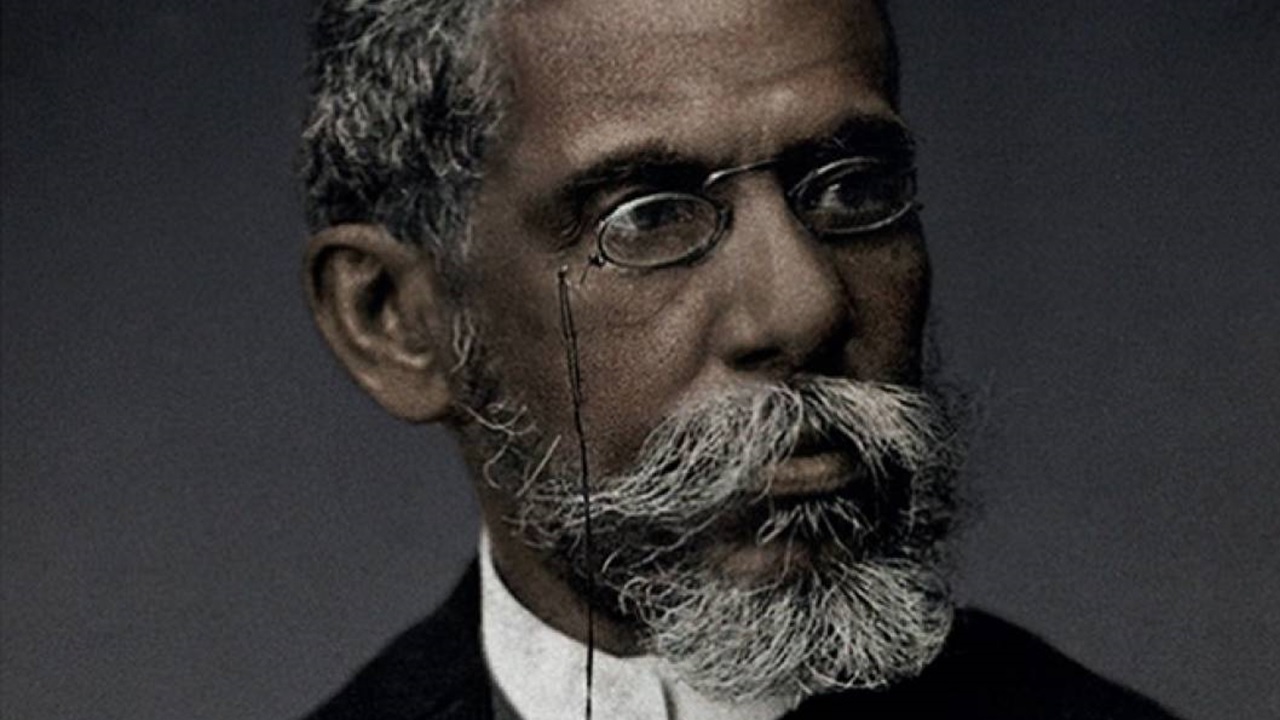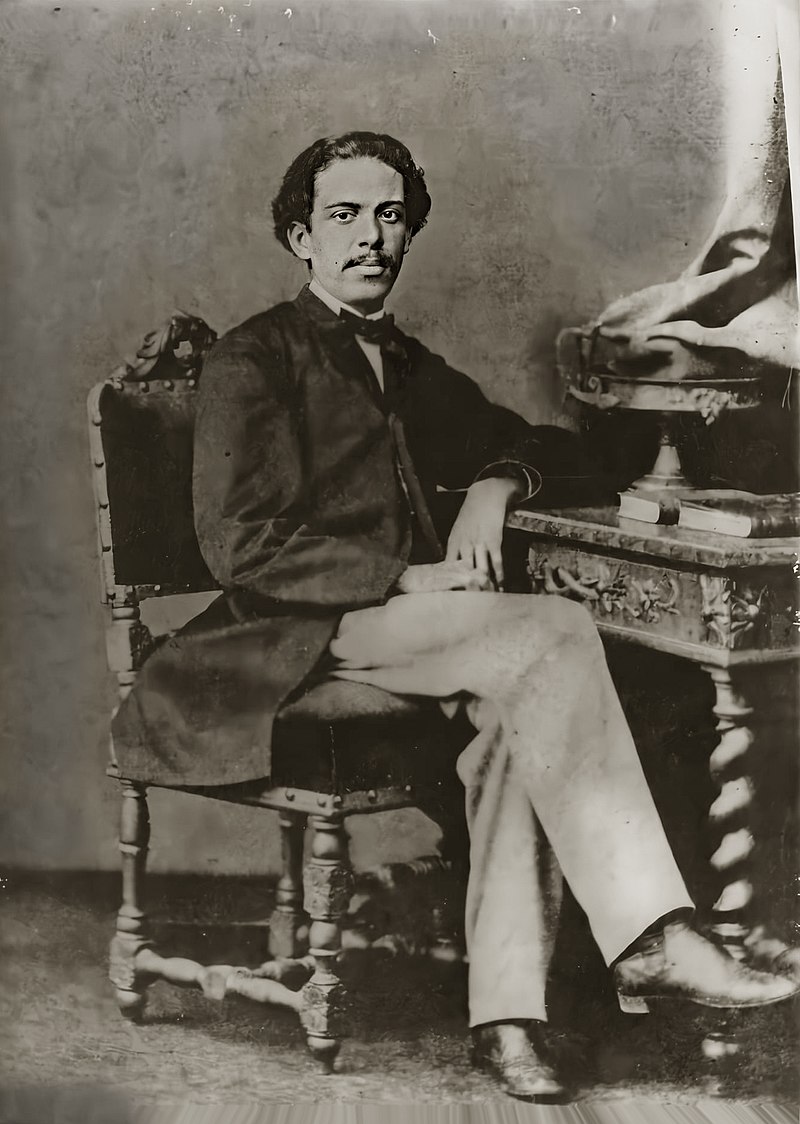Machado de Assis was one of the most renowned and influential Brazilian writers. Born on June 21, 1839, in Rio de Janeiro, he is considered one of the greatest masters of Portuguese-language literature. His works span various genres, including novels, short stories, poems, chronicles, and plays.
Throughout his life, Machado de Assis witnessed significant transformations in Brazil, from the end of the Empire to the Republic, and his work reflects this transition. His writings are marked by a profound psychological analysis of the characters and insightful social criticism, as well as a unique literary style characterized by irony and subtlety.

Machado de Assis is widely recognized for his series of realistic novels, with “Memórias Póstumas de Brás Cubas” (1881) standing out as one of his masterpieces. In this novel, he employs innovative techniques such as first-person narrative by the deceased protagonist, and addresses themes such as death, social hypocrisy, and individualism.
Another notable work by Machado de Assis is “Dom Casmurro” (1899), a captivating narrative that explores the themes of jealousy and betrayal. In this work, the author utilizes interior monologue to delve into the narrator’s mind, questioning its truthfulness and leaving the reader uncertain about the alleged infidelity of his wife.

In addition to novels, Machado de Assis wrote an extensive collection of short stories, where he showcased his talent for crafting concise and profound narratives. His short stories, such as “A Cartomante” (The Fortune Teller), “Miss Dollar,” and “O Alienista” (The Psychiatrist), tackle themes like destiny, illusion, madness, and social criticism of the era.
Machado de Assis also played a significant role in Brazilian literature as the president of the Brazilian Academy of Letters, a position he held from 1897 until his death in 1908. He was responsible for establishing the foundation of the institution and contributed to the promotion of national literature.
The genius of Machado de Assis lies in how he portrayed the complexity of human nature, exploring moral conflicts, social contradictions, and individual idiosyncrasies. His sophisticated and reflective writing transcended the boundaries of his time, becoming timeless and continuing to influence generations of Brazilian and foreign writers.
Machado de Assis is an icon of world literature, and his works are still studied, appreciated, and revered, solidifying his legacy as one of the greatest writers in the history of literature.
There is no moral or immoral book. Books are well or poorly written. – Machado de Assis
Reading is an open door to the fulfillment of all dreams. – Machado de Assis
People do not love each other unless they cannot obtain from each other what they desire. – Machado de Assis
The truth is that there is no truth. – Machado de Assis
It is not life that matters, but what we make of it. – Machado de Assis
The best things in life are invisible. That’s why we close our eyes when we kiss, sleep, and dream. – Machado de Assis
Art is self-expression struggling to be absolute. – Machado de Assis
All art is an imitation of nature. – Machado de Assis
Happiness is a good that multiplies when divided. – Machado de Assis
Wisdom is not given to us; it must be discovered by ourselves, after a journey that no one can spare us or do for us. – Machado de Assis
These are just a few of the remarkable quotes by Machado de Assis that demonstrate his wit, keenness, and worldview.

Matheus Araújo
Matheus Araújo is the founder and editor of Brazilian History. Born in Rio de Janeiro and holding a degree in Advertising and Marketing, his passion for history led him to enroll at the Federal University of the State of Rio de Janeiro, where he is currently pursuing a degree in History Education.
